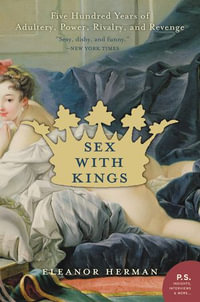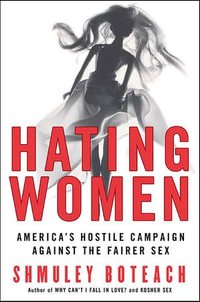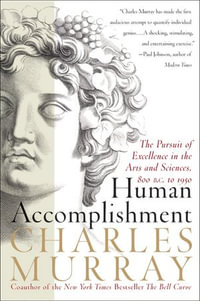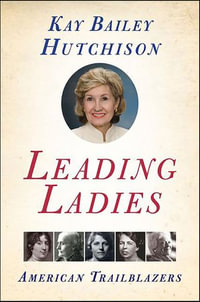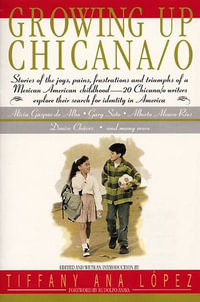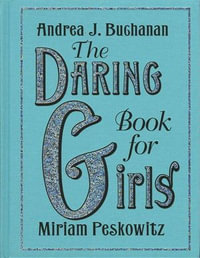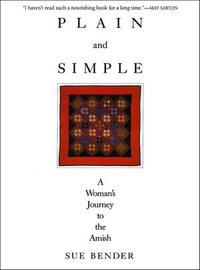This book interrogates the relationship between gender, sexual citizenship and epistemic injustice as it relates to the experiences of LGBTQ persons in the Commonwealth Caribbean. Whether it is the recognition of gender/sexual identities, sexual freedom, bodily autonomy, marriage or creating a family, sexual citizenship encompasses different aspects of our intimate lives that have erotic, social, and economic value that are organised and legitimised through the family, religion, law, state, family, and civil society. Employing decolonial feminist queer perspectives, this book considers how race, gender, and sexuality intersect through matrices of power in shaping intimate life in giving more rights and freedoms to some over others. While Caribbean sexualities are rich and diverse, there still exists dominant colonial and post-colonial heteropatriarchal ideologies and practices that infringe on the sexual rights of Caribbean LGBTQ persons normalising discriminatory treatment (homophobia, lesbophobia and transphobia) against them. Despite efforts to silence Caribbean LGBTQ persons, they have politicised their cause by engaging in epistemic resistance. Caribbean LGBTQ activism encompasses a myriad of social justice efforts, incorporating intersectional politics with feminists and other groups, which validate queer identities, knowledges and lives in the region and diaspora. This book showcases how Caribbean LGBTQ activists are using strategic litigation anchored in social justice hermeneutics to upend vagrancy and anti-buggery laws, which has led to successful decriminalisation cases in the region. This book will interest researchers and students in women's, gender, and sexuality studies and Caribbean studies.


